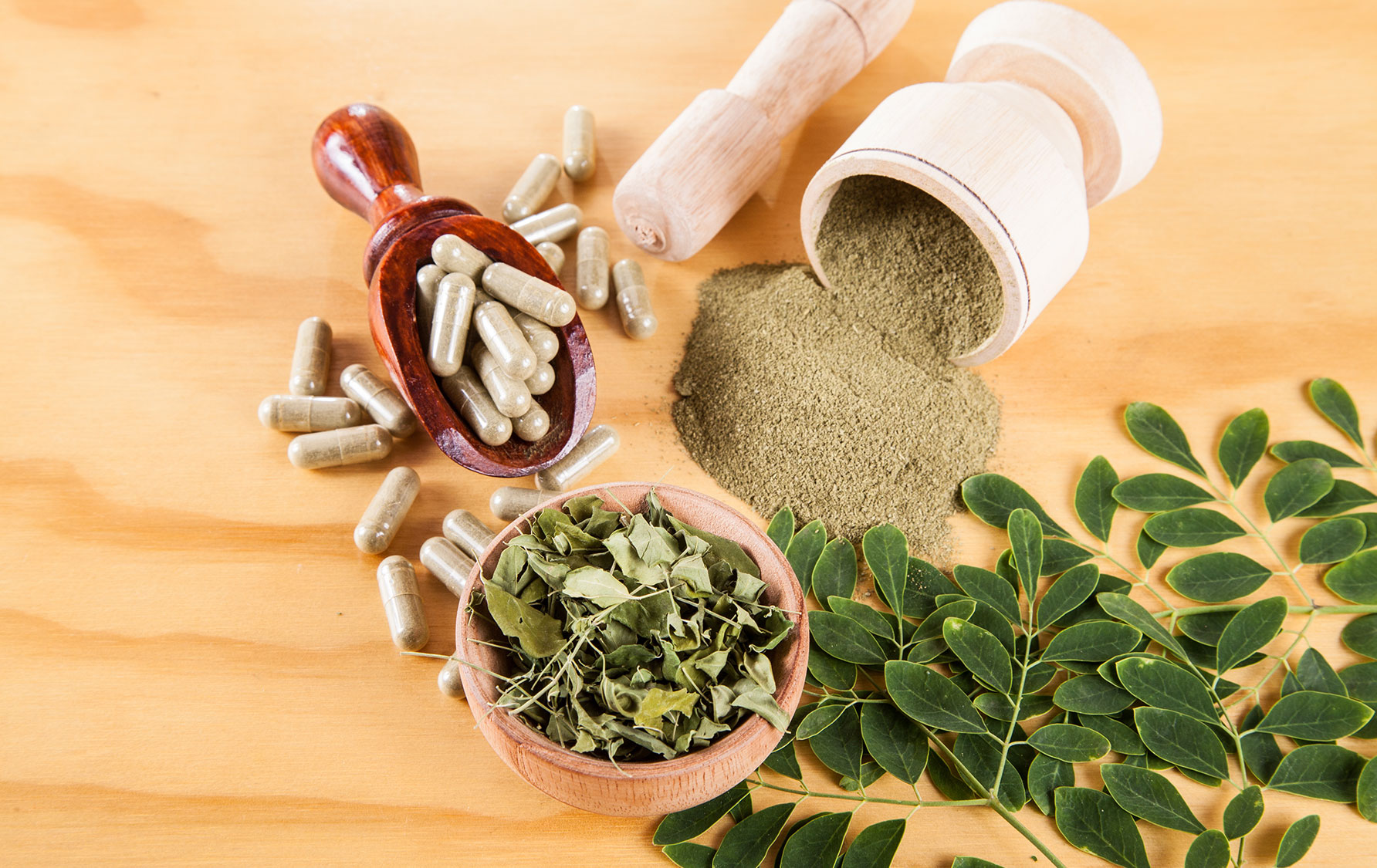There comes a time in everyone’s life when a morning goes
slightly differently, things that should happen easily do not, and even a cup of our favorite beverage doesn’t help. We’re talking about constipation. Constipation is a sign of your body telling you something is not right. If left untreated, constipation can lead to serious health concerns, so it’s always best to act fast.
Fortunately, over the years many effective remedies have been discovered to relieve constipation and with the help of medicine we now have laxatives that provide effective and fast relief. These remedies also include certain types of food one could eat in order to maintain a healthy gut and a healthy body. Let’s look at some of them here:
-
Laxatives [1]
Laxatives are the most used type of constipation treatment for effective and immediate relief. There are different kinds of laxatives and they can be found in many forms such as pills, powders, liquids, and suppositories. You can find some laxatives available over-the-counter at your local pharmacy, while other laxatives require a prescription from a healthcare provider.
There are mainly three kinds of laxatives:
a. Stimulant Laxatives
Stimulate the muscles in the colon to contract and move the stool out of the body.b. Osmotic Laxatives
Prove effective by drawing water into the colon, making the stool softer and easier to pass.c. Bulk-forming Laxatives
These add bulk to your stool, making it easier to pass.The Lax-A product line includes different kinds of laxatives to make sure you always have a solution that will meet your needs. Available over-the-counter, at your local pharmacy, the Lax-A product line has a solution for overnight relief (Lax-A Senna), gentle relief (Lax-A Day®), immediate relief (Lax-A Nema), and even for daily use (Lax-A Fibre).
-
Fiber
One of the essential nutrients that promotes healthy digestion and bowel movements is fiber. When a diet is not fiber-rich it can lead to difficulties in having regular and healthy bowel movements and this could lead to constipation. Fiber supplements or foods are an effective way to increase fiber intake and promote regular bowel movements.[2]
Fiber can be consumed in different forms like powders, capsules, and chewable tablets and can also be incorporated in your diet through locally sourced vegetables.
-
Exercise
There is no escaping a good workout regularly to ensure a healthy body. Exercising helps stimulate your bowel and helps move the stool through the intestines. It also lowers the time taken by food to pass through the large intestine. In fact, it has been shown that lack of exercise can be one of the key contributing factors in constipation.[3]
-
Prescription Medication
Some cases of constipation can be serious enough to require assistance from a healthcare professional. Upon diagnosis you may be prescribed medication. Usually, prescription medicines for constipation include strong laxatives and other medications that stimulate the bowel movements. These should only be consumed if prescribed.
Constipation is usually easily manageable by yourself at home. Paying close attention to the body and ensuring its physical and dietary requirements are met leads to a healthy and happy body.
These products may not be right for you. Please read and follow the label before use.
Lax-A Day®, Lax-A Fibre®, Lax-A Senna® and Lax-A Nema® are registered trademarks owned by Norwell Consumer Healthcare Inc.
REFERENCES
[1] Overview - Laxatives
NHS
Source: https://www.nhs.uk/conditions/laxatives/
[2] Dietary fiber: Essential for a healthy diet
By Mayo Clinic Staff
Mayo Clinic
Source: https://www.mayoclinic.org/healthy-lifestyle/nutrition-and-healthy-eating/in-depth/fiber/art-20043983
[3] Exercise to Ease Constipation
By Debra Fulghum Bruce
Web MD
Source: https://www.webmd.com/digestive-disorders/exercise-curing-constipation-via-movement





